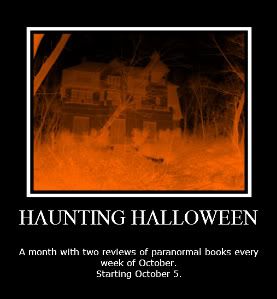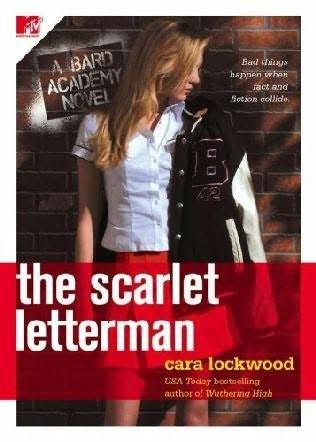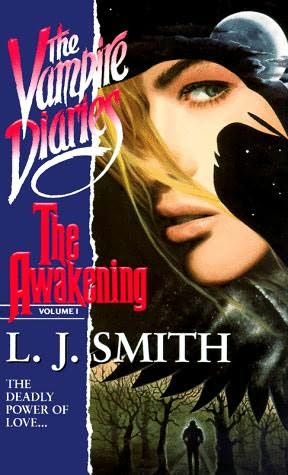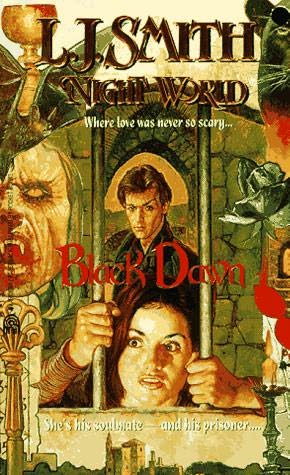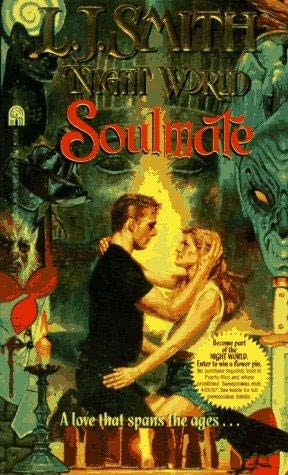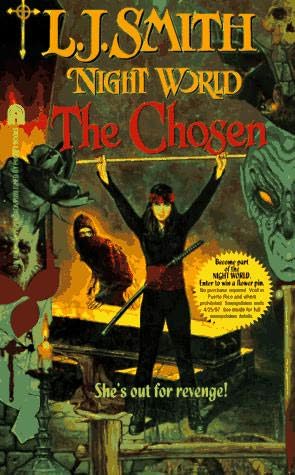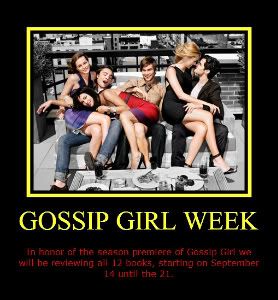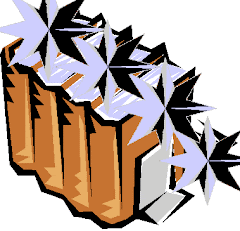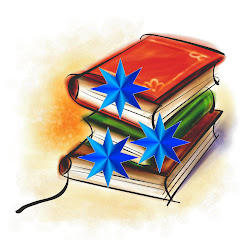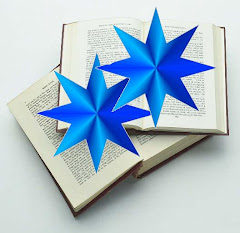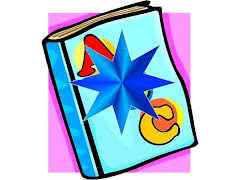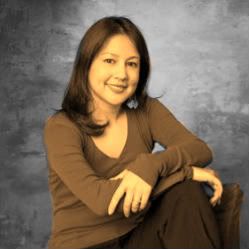
1. What inspired you to write the Bard Academy? And where did you get the idea?
My agent suggested that I write a book for young adults, and so I started thinking about what I would've wanted to read when I was younger. When I was in middle school and high school I was what you'd call a "lit nerd" -- someone who gobbled up her English homework assignments and couldn't wait for the next one. I started toying with the idea of bringing fictional characters from the classics to life, and the idea of Bard Academy was born. Even though Bard Academy is a place for wayward teens, it's really my dream school.
2. How did you decide what authors, and which characters from the classic's you would use?
Well, I decided that Bard Academy would work best as a kind of Purgatory - where authors and students could learn from one another. Therefore, I went with the idea that the ghosts there would have had to have died with unfinished business on earth - whether that was by suicide or at a young age. I decided on the authors first and then that led naturally to bringing some of their characters to life.
3. What did you do to make the characters your own?
Heathcliff (from Wuthering Heights) has always fascinated me as a character. In Emily Bronte's book, he is pretty much a villian who seeks revenge on those who have wronged him. But I always found his character tragic. His revenge, after all, is fueled by heartbreak. It's the loss of his true love Catherine that makes him ruthless. I was really interested in the idea of trying to redeem him. He has a great capacity to love, is fiercely loyal and a great survivor. So in Wuthering High, I gave him the opportunity to make different choices. The result, I think, is that he's a very strong, very compelling romantic hero.
4. How did you create such interesting characters?
I take some traits from people I know in real life and weave them into my fictional characters. But I also just imagine people I'd like to know.
5. What is your favorite part about writing this series?
I love putting a twist on the classics. I think my favorite part is weaving together characters and scenes from classic books into a modern setting. I have always thought that many classic stories are relevant to our current lives, and Bard Academy allows me a way to demonstrate that. In The Scarlet Letterman, for instance, I had a chance to revisit the idea of morality and the effect of choices we make in our romantic lives. Despite the fact that no one makes you wear a scarlet A for adultery in today's society, we do face judgment.
6. Who is your favorite character in the series?
I'd have to say Heathcliff. I have a little crush on him.
7. Which is your favorite book in the series?
Probably the first - Wuthering High. Everything is so new to Miranda, and it's the first look at the school.
8. Do you find it hard to try and stay true to the characters from other classic novels?
I do. But, the nice thing about putting them in this universe is that they don't have to be exactly true to form. The fictional characters at Bard Academy are freed from the constraints from their original books so they can be different if they choose to be.
9. If you do write another of these, what other characters do you think you will incoporate?
I would like to use one of my favorite books from high school, A Tale of Two Cities. Of course, I'd call this one "A Tale of Two Proms." In this book, we might see the return of Catherine (Heathcliff's true love from Wuthering Heights), which would make things interesting for Miranda. What would Heathcliff do if Catherine and Miranda were both in his world at one time?
10. Where do you come up with the parody titles for the novels?
I have a fantastically creative friend, Elizabeth Kinsella. Two of the three titles were hers completely: The Scarlet Letterman and Moby Clique.
11. How did you begin as a writer? And how long did it take you to become published?
I always knew I wanted to write fiction, but I also knew I had to do something out of college that would pay my rent. So I worked as a newspaper journalist, and then as a marketing writer, while I worked on my first novel. I finished my first novel in about a year and was published three years after that.
12. Out of everything that you've written what is your favorite? Why?
I think I would have to say Dixieland Sushi, only because it most closely resembles my childhood growing up half-Japanese in Texas.
13. What is your favorite book and author of all time? Why?
Pride and Prejudice by Jane Austen. It is THE romance, as far as I'm concerned. She invented romantic comedy.
14. What do you enjoy the most about writing? Why?
Writing takes me away to another world, much like reading does, except that I get to control what happens. I've just always been fascinated by storytelling, whether that's in books, movies or on television. There's something very compelling about stories.
15. If you weren't a writer what would you be doing?
That's a tough question, because I think I would pretty much find a way to write, even if it wasn't fiction. I guess if I absolutely couldn't be a writer in any way, I'd probably do something creative. I love the visual arts, and for a brief time I actually did web graphic design. I might be doing something like that.
16. Finally, any tips for anyone aspiring to be a writer? What's your best tip to being published, as well?
If you're an aspiring writer, my best advice is to read every book you can get your hands on. The best way to learn how to write is to read. As far as being published, that's tough because there's no one certain path to getting published. There's also a certain amount of luck involved. I would say as general advice, just be persistent. Don't give up. If you can't sell your first manuscript, get started on your second. I know several published authors who didn't actually catch a break until their third or fourth manuscripts.


